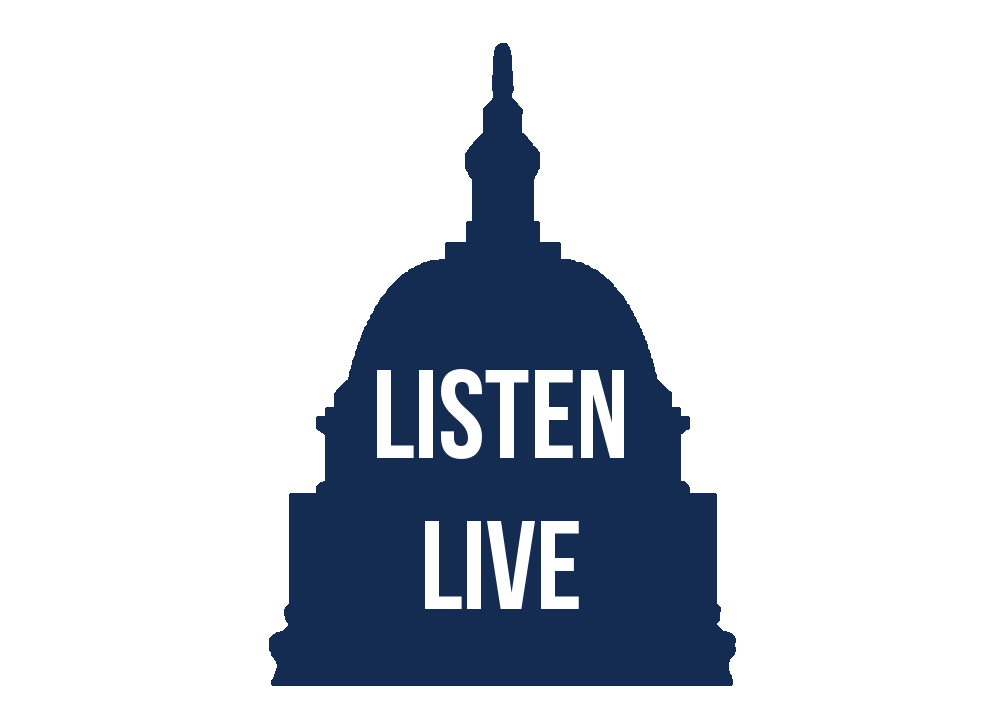GW celebrates the life, struggle of César Chávez
- Apr 3, 2016
- 2 min read
PAT GEIGER//
On Thursday, March 31, the third floor of the Marvin Center was taken over by a celebration of the life and struggle of César Chávez. Born on March 31, 1927 in Arizona, Chávez would grow up to become one of the most influential labor and civil rights leaders in American history. Chávez co-founded the National Farm Workers Association (NFWA) with Dolores Huerta and would go on to lead large scale strikes, boycotts, spiritual fasts and other non-violent protests in an effort to improve the working conditions of agricultural laborers in California and across the U.S.
GW’s César Chávez Day was the result of a year’s worth of planning by the César Chávez Planning Committee under the leadership of Spanish Professor Dolores Perillán in conjunction with the Honey Nashman Center for Civic Engagement and Public Service. Yesenia Grajeda Yepez, chair of the planning committee, opened the event saying that Chávez offers us a “modern day example of what social justice activism should look like” and that the event was to share his message and “ensure his work does not go unfinished.”
After the opening remarks, attendees were free to browse the many exhibitions including a museum displaying artwork done by students to commemorate the day and two rooms filled with representatives from over 30 organizations joining in a “Values Fair.” At the fair, organizations large and small shared their cause and the work that they were doing with attendees, relating said work to the values of nonviolent activism promoted by Chávez.
Rachel Knopp, a representative from GW’s Petey Greene Program, which tutors students in a GED program at the Maryland Correctional Institution for Women, said that her organization’s value was the “acceptance of all people” and “to not just ignore [incarcerated people’s] potential, but to empower them.”
Jude Tungal from the GW Philippine Cultural Society talked about the connections between the NFWA and the Filipino labor movement and “making sure that light is shed upon [that] history of Filipinos and Filipino-Americans.” Filipino workers in the Southwest were key activists in the struggle for farm workers’ rights and played a large role in making the movement a success.
People from across the District of Columbia, including American University students, representatives from the League of United Latin American Citizens (LULAC), Miriam’s Kitchen and Somos Familia came to the event to engage with the GW community and share in the commemoration of Chávez. The day also featured several guest speakers including Claritza Jimenez of the Washington Post and Dr. Víctor Fuentes, author of César Chávez y la Unión.
Depending on which part of the country you are from, you may or may not have heard of César Chávez. In the Southwest, many states have recognized him through festivals and holidays for many years. It was not until 2014, though, that President Obama declared March 31 a federal commemorative holiday, and in many states, educational programs to not cover César Chávez and his legacy. Following the success of GW’s second annual César Chávez Day celebration, Yesenia Yepez is “optimistic about it becoming an actual annual event” and is excited “to come back 20 years from now and see that it is still happening.”



Comments